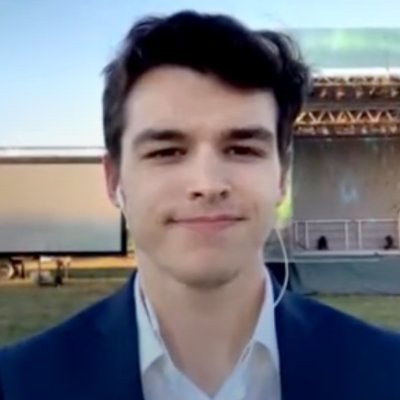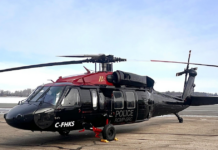The federal government tested facial recognition technology on millions of travellers at Toronto’s Pearson International Airport in 2016 – without the consent of travellers.
In a document obtained by The Globe and Mail through a freedom of information request, the initiative was intended to identify people the Canada Border Services Agency (CBSA) suspected of entering Canada with fake identification.
The six-month initiative is the largest known government deployment of facial recognition technology in Canada to date.
Facial recognition technology is highly controversial and has come under intense scrutiny in recent years. Experts such as the European Union’s privacy watchdog have warned the technology presents extremely high risks of intrusion into individuals’ private lives.
According to the government document obtained by the Globe, the controversial technology was implemented in Pearson’s Terminal 3, where travellers would walk through the international arrivals border control area.
Thirty-one cameras were used to capture the images of travellers’ faces. If the system returned a match against a list of previously deported people, a border officer would review the match and pass the traveller’s information along to an officer on the terminal floor to pull the traveller into secondary inspection.
The project was dubbed “Faces on the Move” and the government hired Ottawa-based contractor Face4 Systems Inc. to conduct the initiative.
According to a presentation by Face4 Systems, facial recognition was used on 15,000 to 20,000 travellers a day. The CBSA told the Globe that 2,951,540 travellers passed through border control at Pearson’s Terminal 3 between July and December, 2016, when the pilot project was running.
It is unclear if any travellers were deported following facial recognition matches. However, according to Face4 Systems Inc, 47 “real hits” resulted from the pilot.
In an e-mailed statement, CBSA spokesperson Jacqueline Callin said the government agency “takes the issue of personal information and privacy seriously.”
“The CBSA explored the ability and use of cameras to capture images of travellers that were compared with an established operational database of high-risk individuals known to be inadmissible to Canada,” she said.
The CBSA says a privacy impact assessment was completed and submitted to the Office of the Privacy Commissioner for review and that the agency has no plans to use the facial recognition technology “in any other capacity.”
The facial recognition technology has since been removed from Pearson airport and travellers’ images have been erased, according to the CBSA.






















